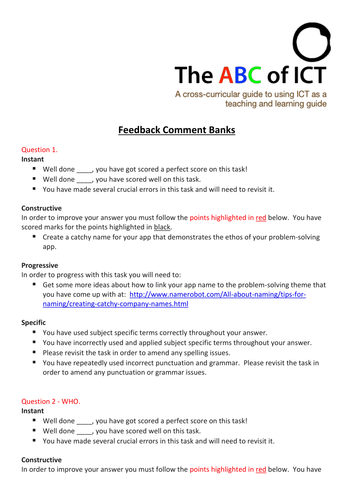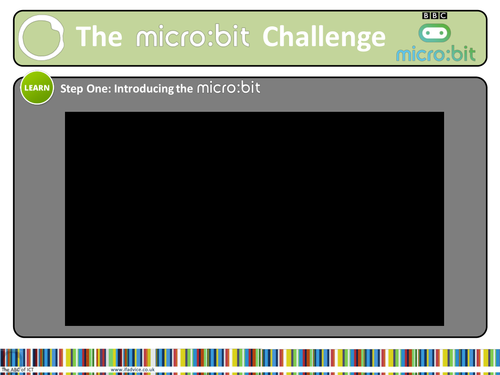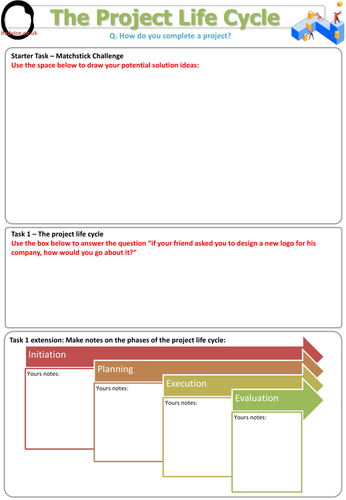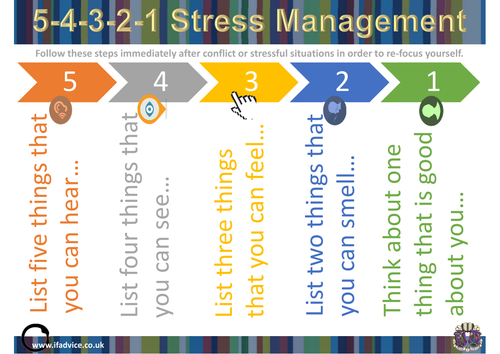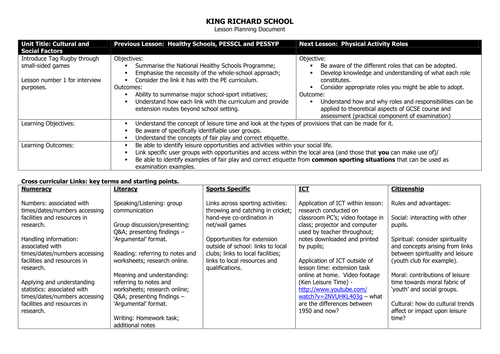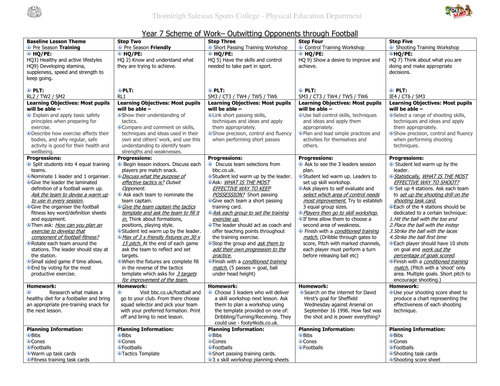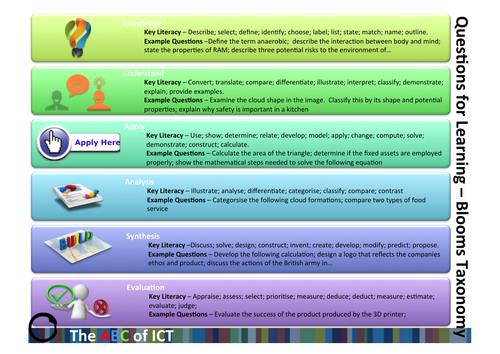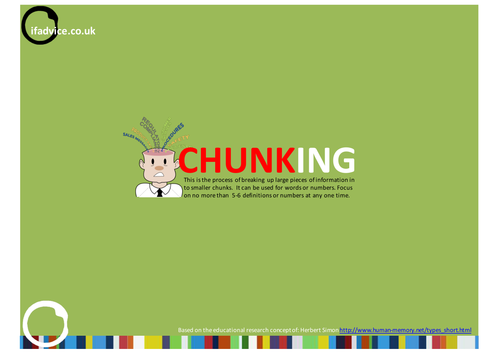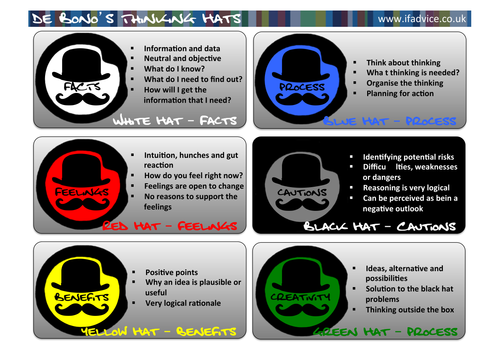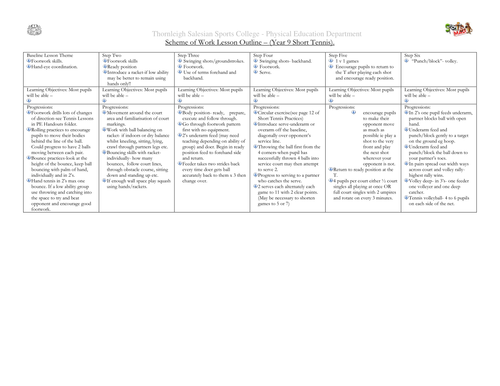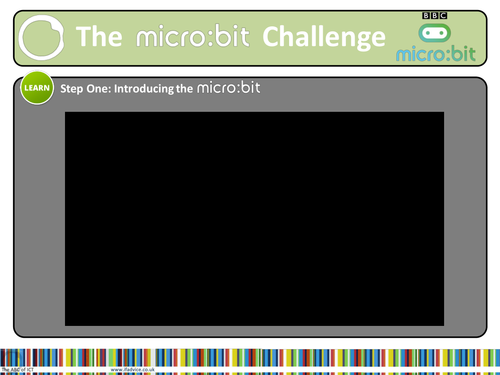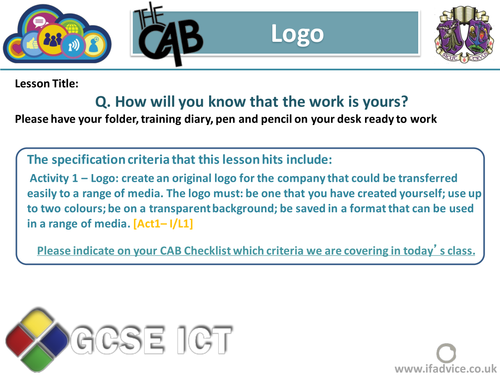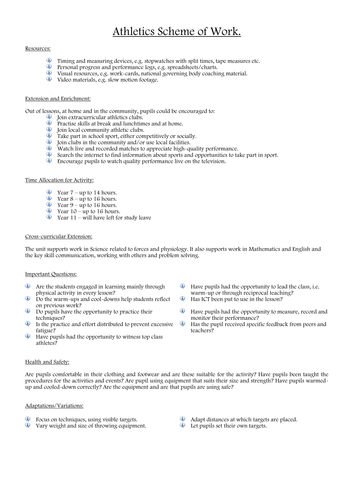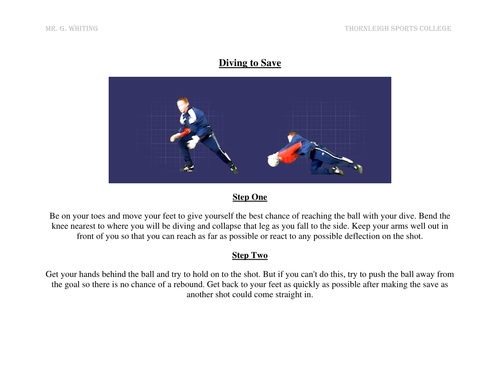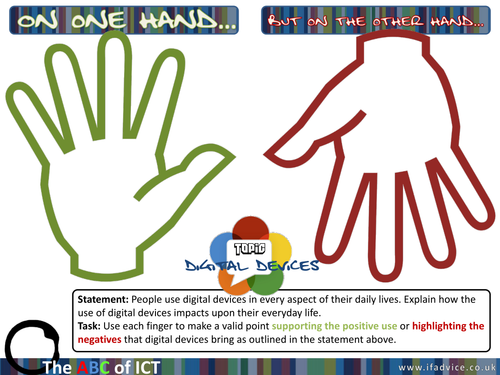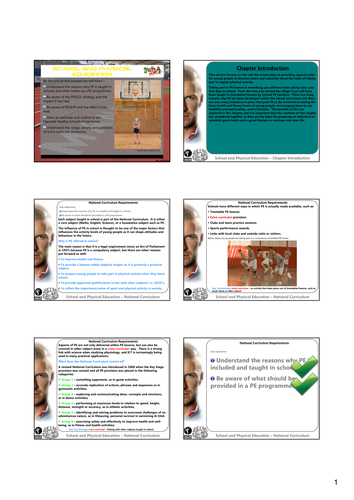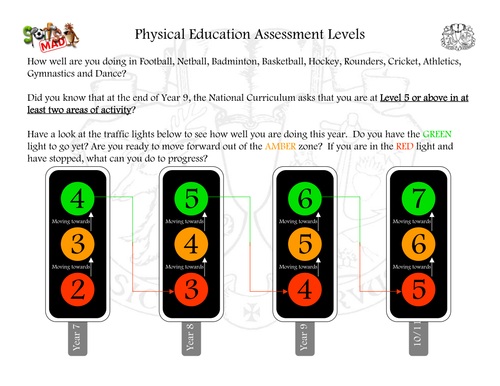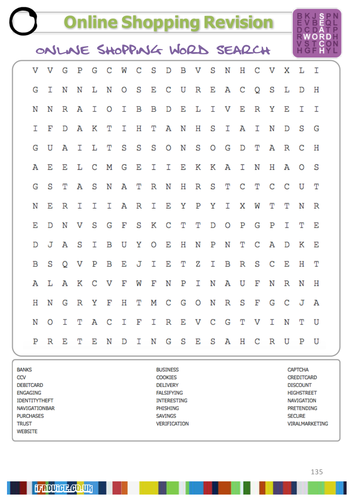
172Uploads
50k+Views
3k+Downloads
All resources

Teacher's Digital Planner (Excel)
This digital planner is primarily aimed at those teachers who type faster than they write! However, I have continually used this with teaching staff that are struggling with the quality of their planning, monitoring, recording or reporting. It serves as the traditional 'teacher planner' in an easy to use format that can be amended to include your students and class names - this information can be directly imported form your School Management System (SIMS).
I find this particularly useful at the end of the academic year when we are thinking about amendments that need to be made to programmes or study, schemes of learning or individual lessons. Information can easily be copy and pasted across classes in your planner if you teach parallel groups in a year group or into new programmes or study, schemes of learning or individual lessons as you evaluate the success of your teaching as an individual or department. As someone who monitors carries out Quality Assurance of several departments, this resource is fantastic at giving me instant access to staff's planning and assessment data. I have centralised this as a collaborative tool using Google Drive, allowing staff to access their planner on multiple devices, whilst providing me with a great overview.

Feedback comment banks for marking
According to Professor John Hattie, feedback has the biggest impact on learning. However, the written feedback that we provide is often rushed (in a bid to finish marking that pile of books!) It is also a common trait that we don’t teach our students how to use the feedback that we provide. So with this method, I tend to concentrate on writing quality feedback and at the start of the year, following my first written feedback, we work on how to use this information to inform and progress our learning. As a result, this is a document type that I use on a daily basis in school. The concept involves writing a set of statements that can be used to feedback on a piece of work. I tend to write the statements/comments at the same time as I write each of the tasks as this allows me to think of all of the possible outcomes that a student will produce.
The feedback for each task is provided in four ways:
Instant: this is the feedback that the students look for straight away. It very quickly establishing ‘how well’ they have done/
Constructive: this part of the feedback outlines exactly what the student has done well and what they need to develop. I simply ‘copy and paste’ the whole statement into the feedback box and colour code it appropriately. Students are now used to looking into this section in order to ascertain the specifics of where they have achieved/no achieved.
Progressive: this is essentially an extension task for the student to follow. I often differentiate these pase on the ‘Constructive’ section. It takes the form of a link to a website; a video lecture or an activity. Sometimes these are assessed online - i.e. a Moodle Quiz or Educanon Assessment.
Specific: this section focuses on the school or subject priority. For example, Literacy is high profile in our school environment so I will often tailor comments in this section to be around Literacy and quality of written answers.

BBC Micro:bit (Microbit) lessons
I have been using these lessons challenges with a series of groups and they appear to have been really well received.
Like many professionals, I have been trying to get to grips with the Micro:bit and find resources or lessons for my students to have a go at. There are loads around and this is a collection of progressive tasks that I think have been put together in a really coherent way for the teenage mind. Each one is a video tutorial which will guide your students through each step and provide them with the theory behind each decision made in the program.
I would love to know your thoughts and I will add more, as and when they arrive.
I have used this resource over three lessons... a great filler once the students get to grips with it.
This also now includes a Python activity as well as Block Editor challenges.
in terms of assessment and monitoring progress... I have been keeping a very simple spreadsheet and inputting when the student has been to show me their finished task - this means that I can open a dialogue with the student and find out what they found easy/difficult with the task, as well as being able to redirect them onto another task or target misconceptions.

OCR Nationals Information Technologies (new for Sept 2017)
Please find available a presentation and associated worksheet to evidence student progress in Module 1, Activity 1 - The Project Life Cycle. I will be adding more lessons as and when produced and a course booklet when I have finished preparing every lesson (this could take some time though). Each presentation also contains 6-7 'Chunking' words to familiarise students with subject specific terminology. These can be assessed in subsequent lessons - I use a Moodle quiz function on my subject page to do this.
i also have a Moodle course that will fully support the delivery of this qualification - please email me for more details.

5-4-3-2-1 Arousal Cards/Behavious/Stress Management
This is an excellent technique for managing student stress or behaviour issues. I have these card printed and laminated (A5) for individual students who suffer from stress or anxiety and they use this when they are highly aroused. The Learning Support Assistants within my team all have these to hand in order to implement the simple strategy when required.

Year 7 Scheme of Work/Scheme of Learning - Football
Year 7 Scheme of Work/Scheme of Learning - Football

Questions for learning - Bloom's Taxonomy
Questions for learning - Bloom's Taxonomy starter sentences, keywords and suggested questions.

GCSE ICT Chunking Revision Prompts
I have used 'chunking' as a revision method for a long period of time in order to get students to 'learn and remember' the key terminology that needs to be recalled during examinations. Chunking is the process of breaking up large pieces of information in to smaller chunks and I use it over a short period of time, to get students to concentrate on the recall of keywords right before their examination periods.
The attachment is used over the last two weeks of examination preparation - students are given one page to learn and recall over a two day period. I then used diagnostic tools to test the students ability to recall the information given a variety of different stimuli questions.
Used in conjunction with the mind maps (found on TES), these compact the information that students struggle to retain from the mind map framework.

BBC Micro:bit (Microbit) lessons 2
I have been using these lessons challenges with a series of groups and they appear to have been really well received.
Like many professionals, I have been trying to get to grips with the Micro:bit and find resources or lessons for my students to have a go at. There are loads around and this is a collection of progressive tasks that I think have been put together in a really coherent way for the teenage mind. Each one is a video tutorial which will guide your students through each step and provide them with the theory behind each decision made in the program.
Includes 'Loops'.
I would love to know your thoughts and I will add more, as and when they arrive.
I have used this resource over three lessons... a great filler once the students get to grips with it.
This also now includes a Python activity as well as Block Editor challenges.
in terms of assessment and monitoring progress... I have been keeping a very simple spreadsheet and inputting when the student has been to show me their finished task - this means that I can open a dialogue with the student and find out what they found easy/difficult with the task, as well as being able to redirect them onto another task or target misconceptions.

Edexcel GCSE ICT Logo PowerPoint
Edexcel GCSE ICT Logo PowerPoint
This is a resource that I use over a couple of lessons to enable students to research and design an appropriate logo for their prom event. It links to Sources Table and Activity 1 Review at appropriate points, to enable students to plan and review their work.
It can also be used as a tool for reviewing digital design.
It has an instructional video link to demonstrate to students how to make a transparent background and how to save work in an appropriate format.

Athletics Scheme of Work
Athletics Scheme of Work for Years 7-10 with basic lesson outlines and suggested teaching activities.

GCSE ICT Augmented Reality Revision - scan the images for video tutorials
GCSE ICT Revision Videos – TOPIC: Personal Digital Devices
Use the Aurasma app to scan each of the app logos below. Each image will allow you to access tutorial videos or working examples of each ICT medium.
You will need to sign in to the FREE Aurasma app using the log-in details supplied. The username is ‘ifadvice’.

Extended Questions 6 mark revision strategy - Digital Devices
This resource is two pages, the first is a blank copy that my students complete in class and the second is an 'answer' sheet that I provide the students, either on the board as a reflective exercise or in hard copy for intervention purposes.
Students have reacted really positively to this and we are in the process of producing one for each topic area on the curriculum so that student are prepared for 6 mark questions on any topic in the specification.

GCSE PE - School and PE Revision
GCSE PE - School and PE Revision
These notes are to be used in conjunction with the official revision guide. I get my students to put a line through the sections/sentences that they are most confident with so that they can use them as flash cards.


